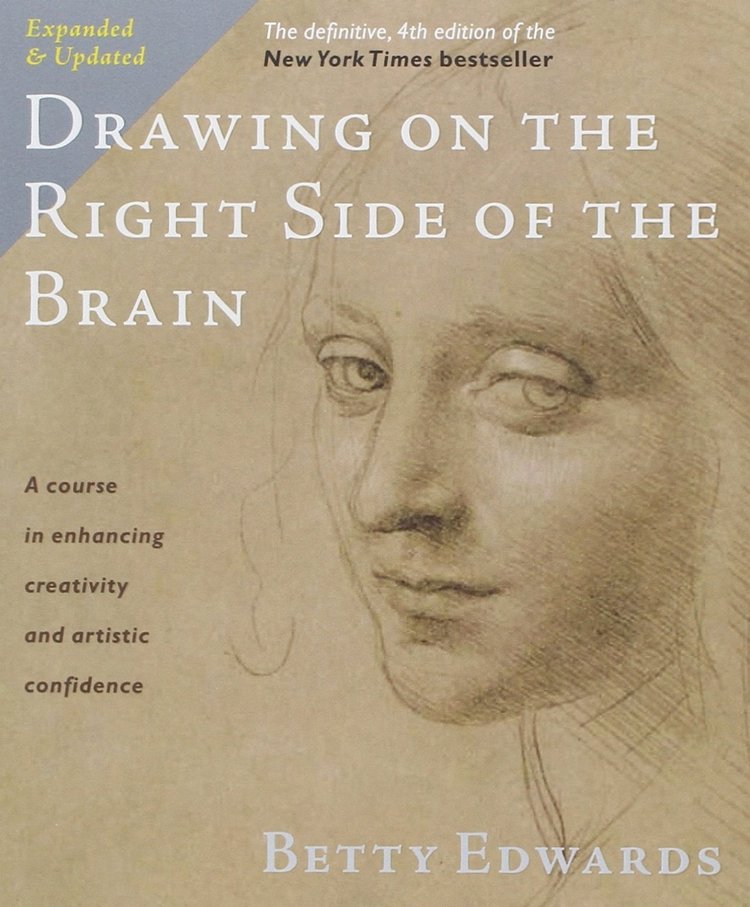The subject of how to effectively teach reading to young children is one that has long fascinated me, as I can see parallels between the way that we should teach drawing and the way we should teach reading. The skill of reading as with drawing is fundamental to a child and ultimately to an adult. It is the key to comprehending the world, to being an informed citizen, and to having a successful life.
At this moment, a knock-down, drag-out battle is gaining momentum among American elementary education experts and teachers. And at risk is nothing less than America’s future in terms of how we teach our youngest public school students how to read. The two sides, labeled “the science of reading” and “balanced literacy,” have been vying for power for nearly thirty years, largely out of view of the general American public because the primary targets of this struggle have been small children in kindergarten, first, and second grade. But the long-term effects of the so-called “reading wars” are now affecting perhaps two-thirds of our schoolchildren, whose abilities to fully use language for thinking, planning, and achieving their goals have been restricted by faulty and inadequate reading skills acquired in their earliest school years.
Fortunately, we at least have national testing that has revealed the problem. At fourth grade, two-thirds of American children are “not proficient in reading.” By eighth grade, there is no improvement and even a slight decline, and the reading problems continue through high school and into adulthood unless parents have funded costly private interventions. Also fortunately, American experts on the science of reading—how to “sound out” unfamiliar words using a process called “phonics” or “phonetics”—are raising ever more powerful scientific objections to the “balanced literacy” reading-instruction methods that mainly rely on children guessing what the letters spell out.
The story of how and why this disaster happened (and only in America) is a fascinating one, involving a charismatic lead teacher, Lucy Calkins, a Professor at Columbia University Teachers College, and implicating the enormous and profitable textbook market. In this compelling ARTICLE, published on February 11, 2023, The New York Times’s Opinion writer Nicholas Kristof, lays out in clear language how this long-term battle is heating up.
Kristof begins his piece by noting that “Education isn’t the filling of a pail but the lighting of a fire.” He continues: “Reading may be the most important skill we can give children. It’s the pilot light of that fire. Yet we fail to ignite that pilot light, so today some one in five adults in the United States struggles with basic literacy, and after more than 25 years of campaigns and fads, American children are still struggling to read.”
This is a national tragedy, and my hope is that American education will come to its senses and teachers will once again help young children learn to sound out words with phonics, a method grounded in neuroscience as well as historic evidence. Of course, I also hope for a day when drawing, art, and visual literacy return to the classroom, and we are educating the “whole brain”!
~ Betty Edwards, February 21, 2023

